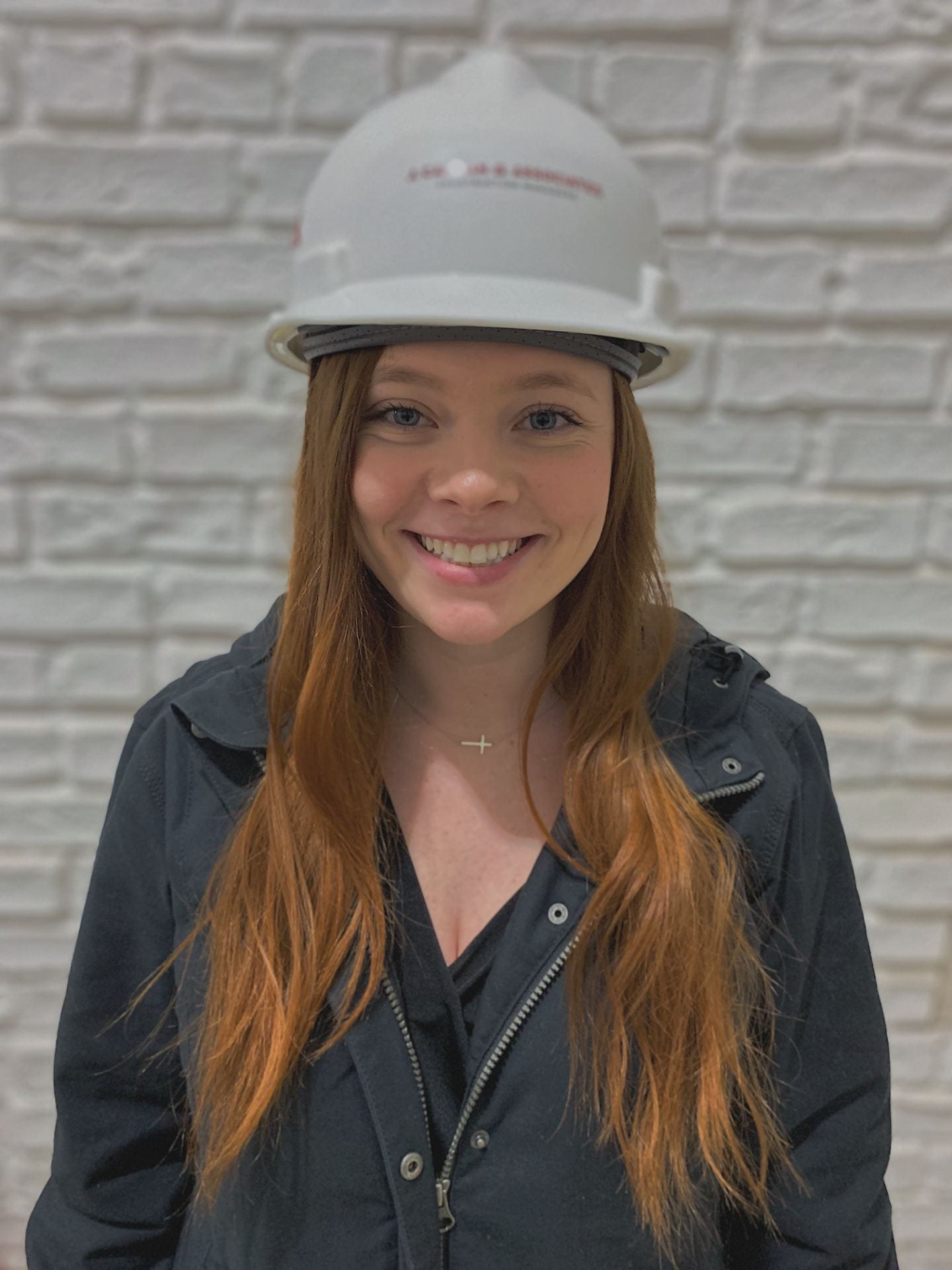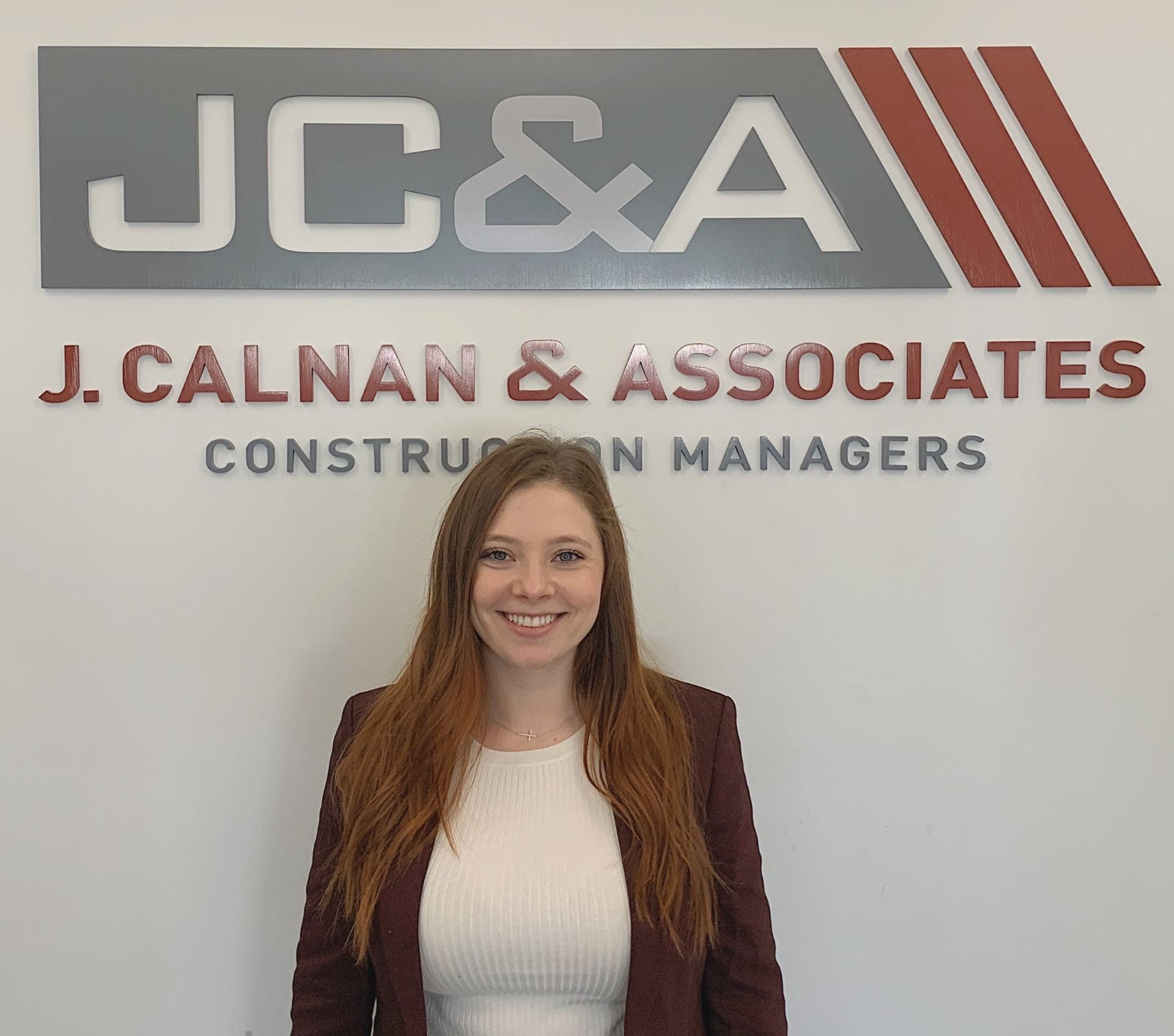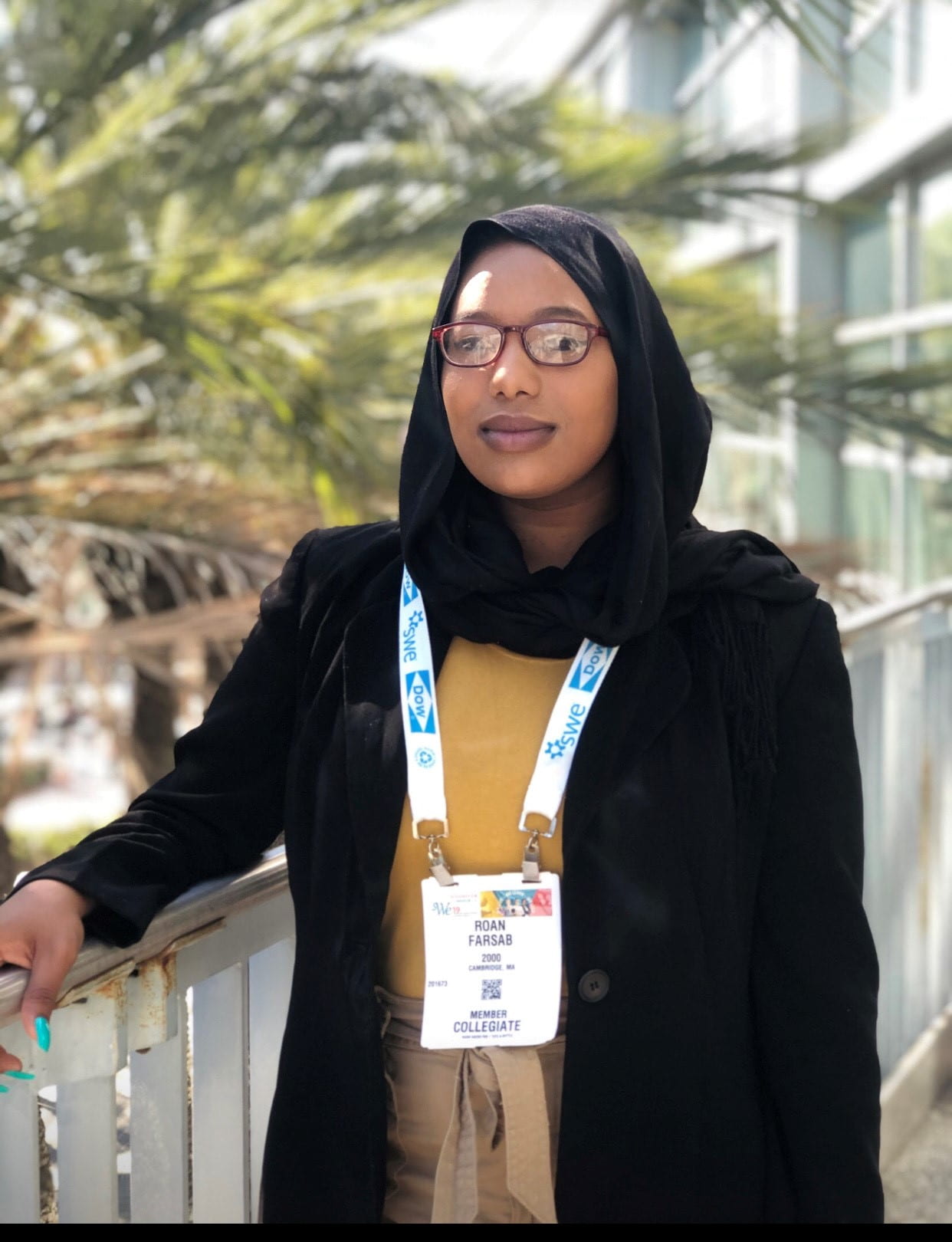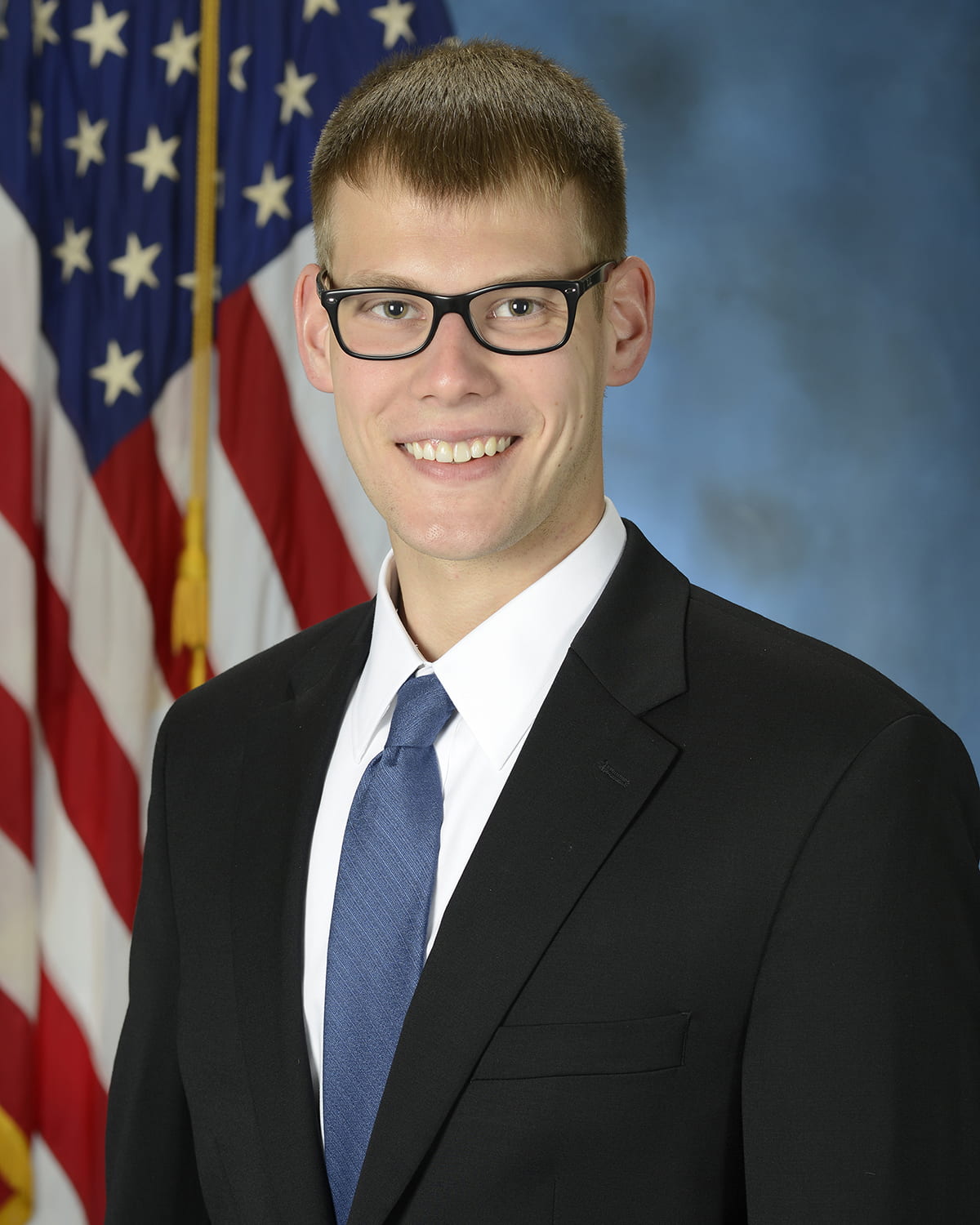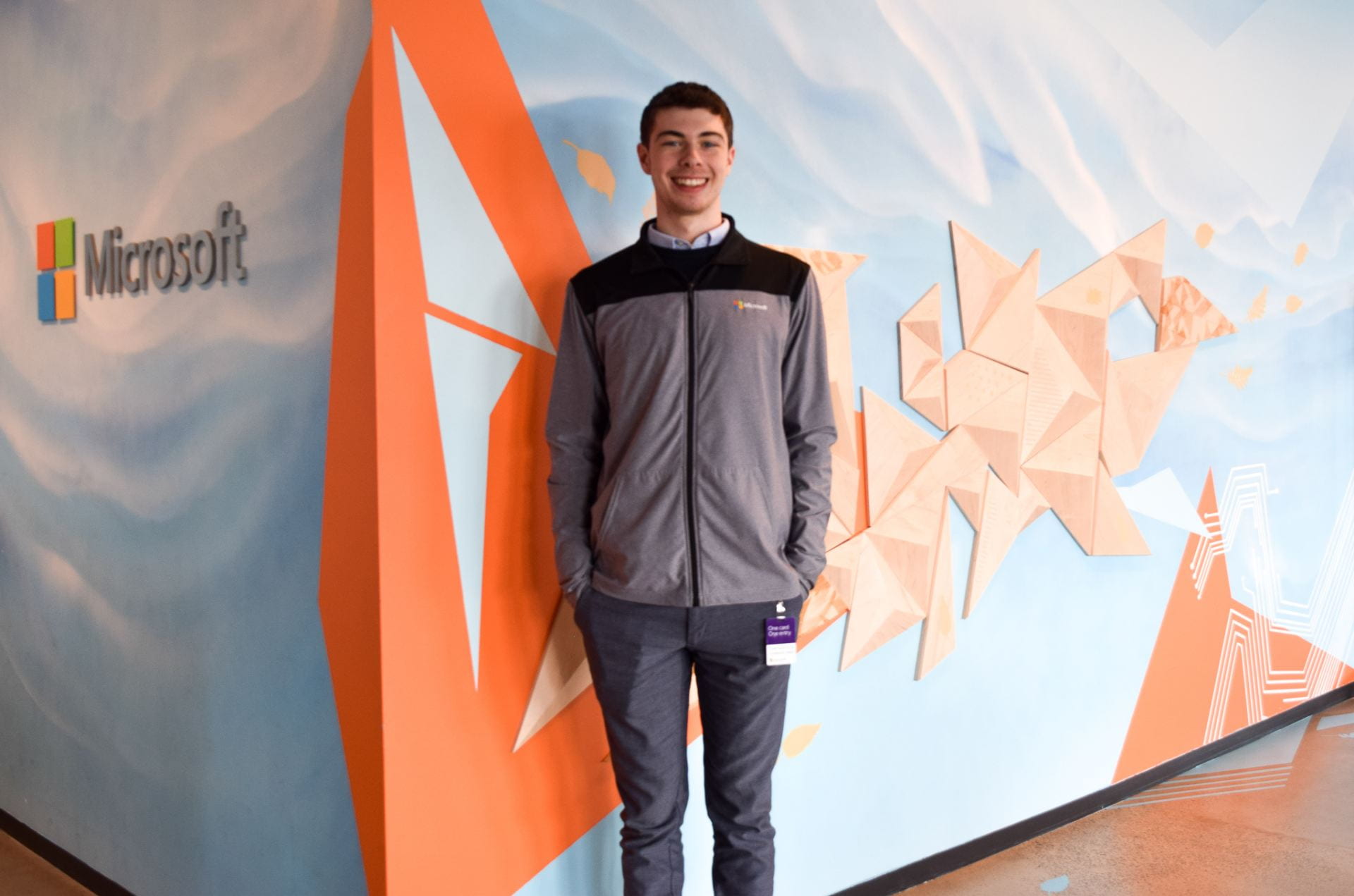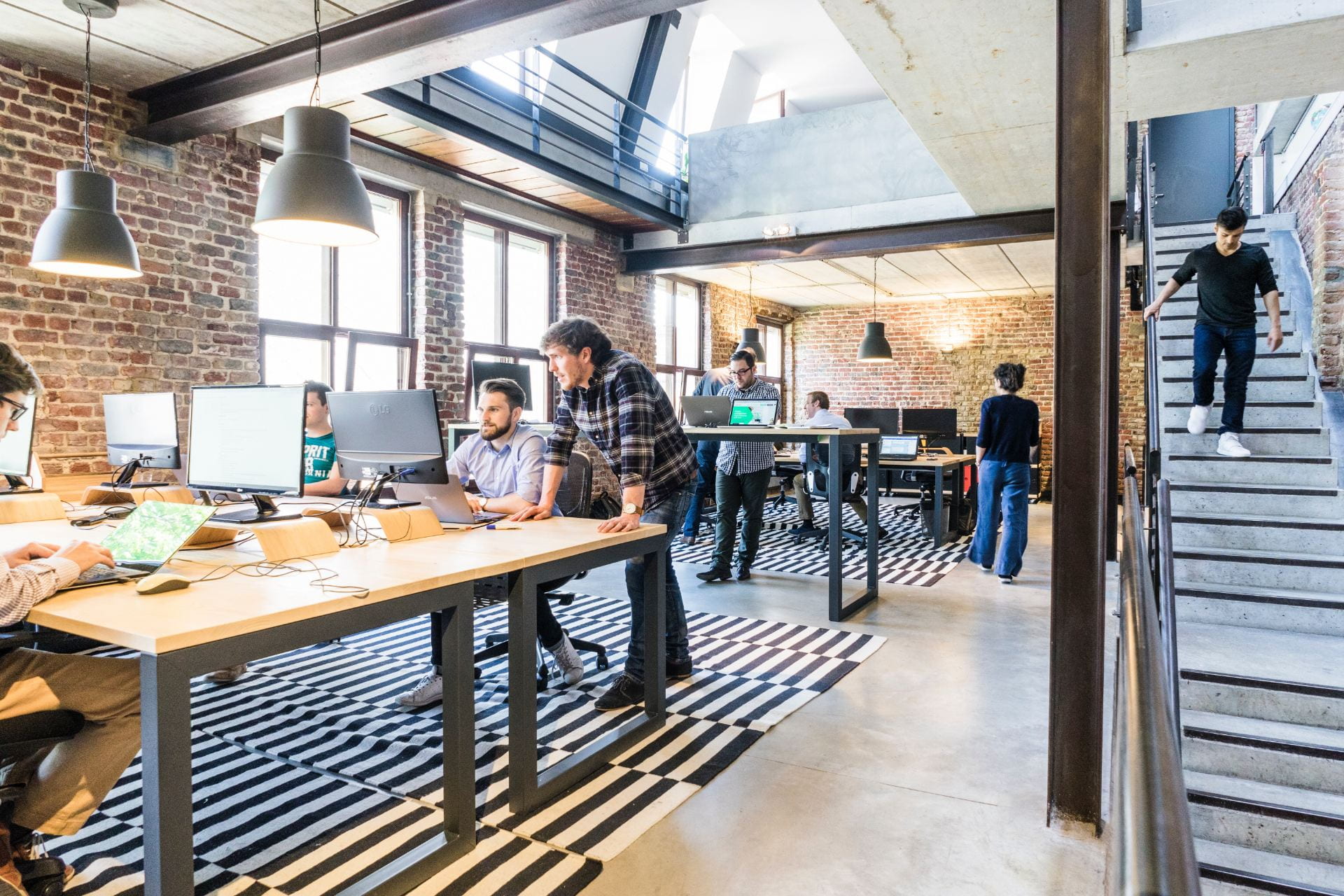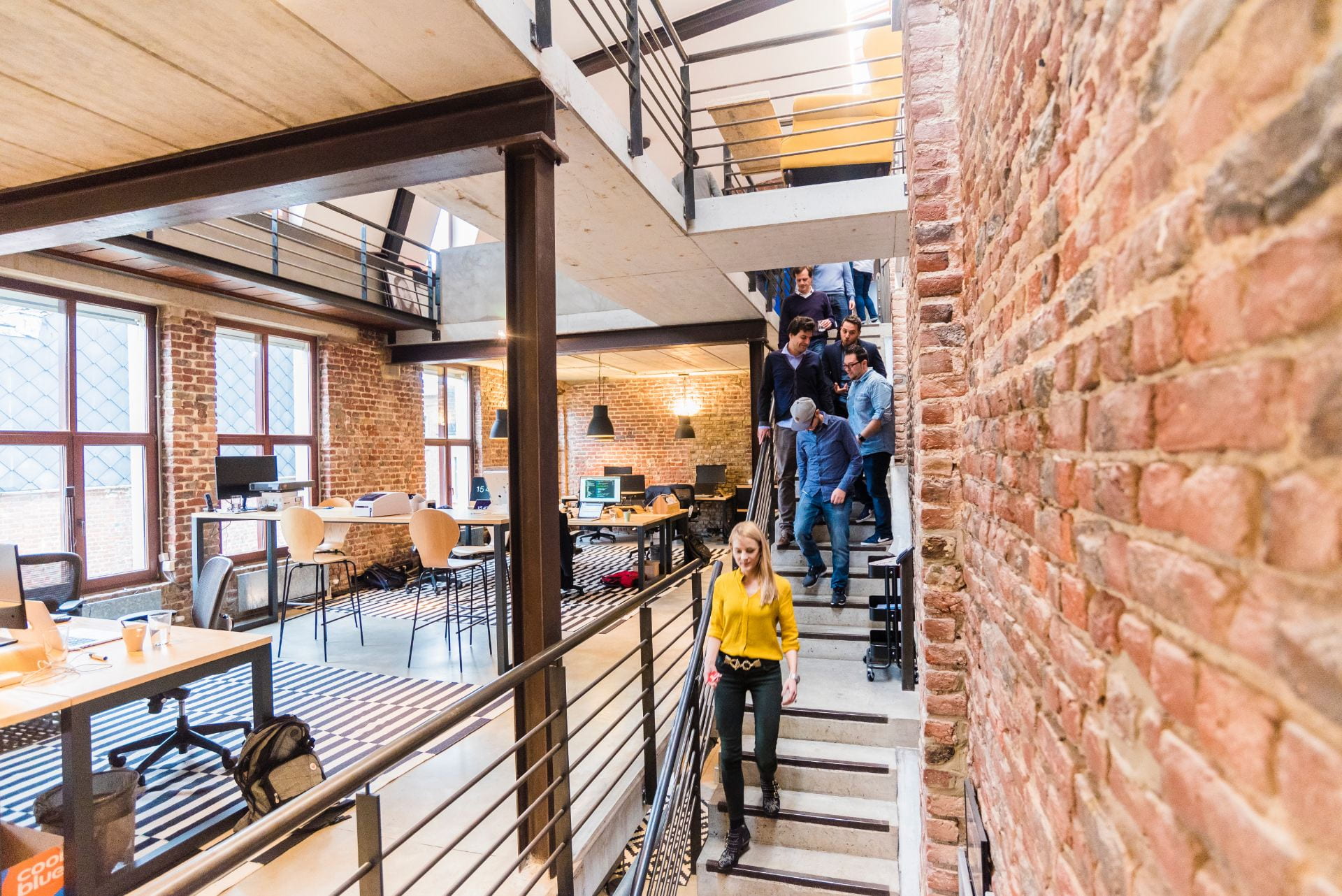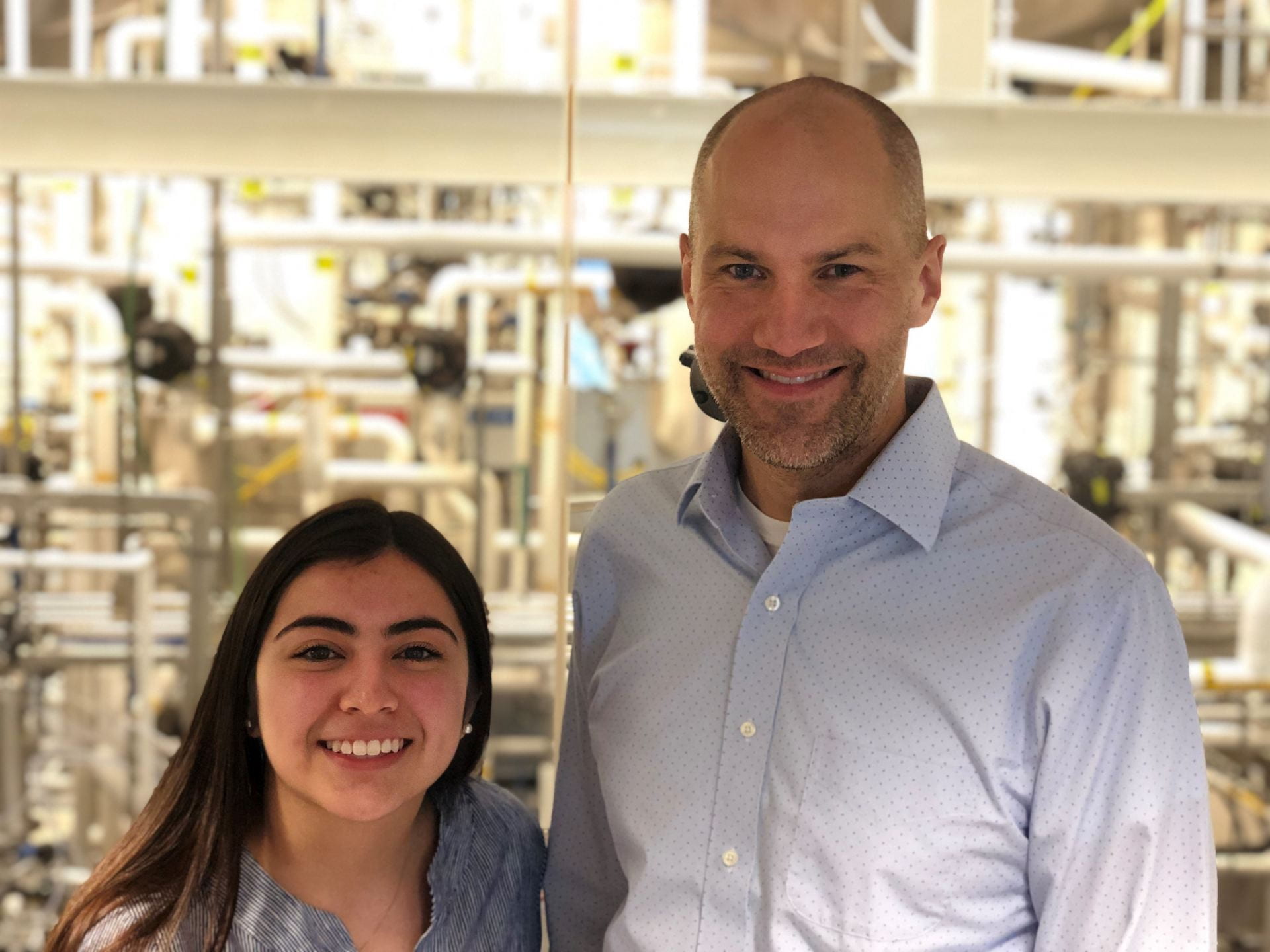By: Julia Gravano
Julia Gravano is a Wentworth junior studying Construction Management with a Concentration in Facilities Management and a minor in Business Management. She completed her first mandatory co-op semester this past spring with J. Calnan & Associates, Inc. and shared her experience with CO-OPS + CAREERS:
With J. Calnan & Associates in New York, NY., I served as a Project Coordinator. This position provides support for project management teams throughout the construction process. Through close partnership with team members, as well as clients and subcontractors, the assistant project manager helps to ensure all job-related documentation is up to date. This position works with project managers to monitor the status, details, and finances of each assigned project.
What is a typical day like at your co-op with J. Calnan & Associates, Inc.?
Every day is a different day! One day I could be helping with pre-construction which entails me becoming familiar with the drawings and calling subcontractors who may want to bid on projects. Other days, I am assisting on existing projects dealing with RFI’s, submittals, and miscellaneous project management tasks. In addition, I will walk through potential jobsites that our company may be looking to take on with our Project Manager and Estimator. I look forward to each day because they may seem similar, but I always learn something new. My co-workers and I try to eat at new local restaurants each Friday as well to take a breather from the office.
What is something that you are working on that has inspired you?
The biggest project I have been a part of since the beginning of my co-op is 446 Broadway. It is an entire building totaling of 6 floors (including a cellar). This building is identified as a New York Landmark Building. I have been able to partake in preconstruction and construction activities this far. This has allowed me to forge close relationships with both the Preconstruction and Project Management sectors of our NY branch. I have learned about the different facets a project must undergo when it is identified as a landmark. This project will allow me to see the transformation of a deteriorating old building to becoming new tenant and retail space. I take pride in of all the projects that I touch upon working at J. Calnan. I am grateful that they have taken me in as a co-op with open arms and see my potential by giving me responsibility.
I am also proud to say that I am part of such a compassionate and flexible company that cares about its employees and clients. During this time of Covid-19, JC&A has been proactive about keeping its employees safe and up to date on protocols both in the office and in the field. Though the NY department is smaller the Quincy HQ, we are able to strongly communicate and coordinate accordingly as we work from home.
What did you learn from your first optional co-op that have helped you in this role?
I have learned to have more attention to detail from my first co-op. It provided me with my first experience of interior fit out construction as well as project management experience. My first co-op also allowed me to learn about the dynamic and complicated relationships that owners, architects, and construction managers may have on fast paced projects. Furthermore, I believe my job experience allowed me to be open about asking questions about why things are done and how things are done. I took advantage of the subcontractors and co-workers that loved to explain and talk about what we do on a daily basis.
What advice do you have for female students interested in the Construction Industry?
The biggest piece of advice that I have for females is to not be afraid to ask questions and to be yourself. The thing that I found most challenging is making sure that my voice is heard and proving that it matters. I am not afraid to ask any question whether it be obvious or not. It shows how interested you are and how you are applying knowledge that you have learned on the job or at school. Be a sponge and soak it all in, but most importantly don’t forget to have fun. I am such a high stress person and the biggest thing that I am still learning is to make your moments enjoyable and ones to remember.
What is the biggest lesson you’ve learned through your co-op?
The biggest lesson I have learned is that knowledge is important, but your network it ultimately equal to your net worth. The industry is small wherever you may go, and it is all about who you know. I have found both of my co-ops back home in New York. Without my involvement in industry events and constantly meeting people, I believe that I would not have had the luxury of living at home for co-ops. In general, it is nice and important to hear other industry people’s stories and advice. Be personable, make friends, and forge relationships that will last throughout your career.
Thank you for sharing your experience with us, Julia! Be on the lookout for our next co-op feature. If you would like to share your co-op experience with us (positive or not-as-expected), or have any questions about the co-op process, please email us at coopsandcareers@wit.edu.
To make an appointment with your CO-OP + CAREER Advisor call the front desk at 617.989.4101 or visit our website for more information about scheduling virtually.
